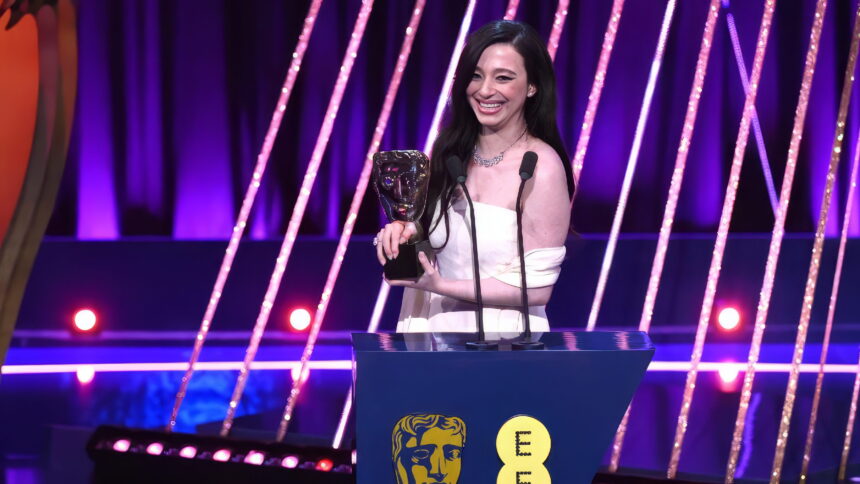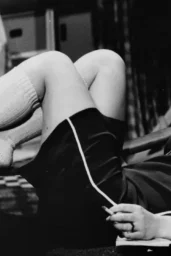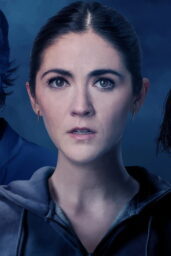Let's be real: award speeches are usually forgettable. Gratitude lists, tearful thanks to agents, maybe a political quip—they blur together. But every so often, a moment cuts through the noise. At the 2025 BAFTAs, Anora's Mikey Madison didn't just win Best Leading Actress; she weaponized her 90 seconds of spotlight to champion a community Hollywood often ignores.
Madison plays a Brooklyn sex worker who marries a Russian oligarch's son in Anora, a Neon film dripping with grit and moral ambiguity. Her role isn't a sanitized “hooker with a heart of gold” trope—it's raw, unapologetic, and demands empathy. So when she clutched that golden mask and said, “I see you. You deserve respect and human decency,” it wasn't performative. It was a gut punch.
The Speech That Broke the Script
Madison's win over heavyweights like Demi Moore and Saoirse Ronan was a surprise, but her speech was the headline. “To the sex worker community—I will always be a friend and ally,” she declared, her voice steady. No hedging. No caveats. Just solidarity. In an industry that still struggles to humanize sex workers on-screen (see: Pretty Woman reduxes), her words felt radical.
She didn't stop there. Shoutouts to her mom (“my favorite screen partner”) and fellow nominees softened the edges, but the core remained sharp: Anora isn't just a movie; it's a provocation. Director Sean Baker (known for The Florida Project) would've nodded along—his films thrive on unflinching humanity. Madison's performance, though, elevates it. She's not a victim or a villain; she's a person.
Why This Matters Beyond the Red Carpet
Let's zoom out. Award shows are dying, right? Ratings plummet, hosts crack meta-jokes, and TikTok clips outlive the broadcasts. But here's the twist: Madison's speech went viral not for a meme-worthy flub, but for its sincerity. It's part of a growing trend—think Pose's LGBTQ+ advocacy or Nomadland's ode to invisible America—where art refuses to divorce itself from activism.
Yet, cynics might ask: Is this just lip service? After all, Anora scored six BAFTA noms but only won two (Best Actress and Casting). Does Hollywood applaud marginalized stories… then sidelined them in categories like Best Picture? It's a fair critique. But Madison's speech, brief as it was, forced a conversation. When's the last time a BAFTA winner made you Google “sex worker rights UK”?
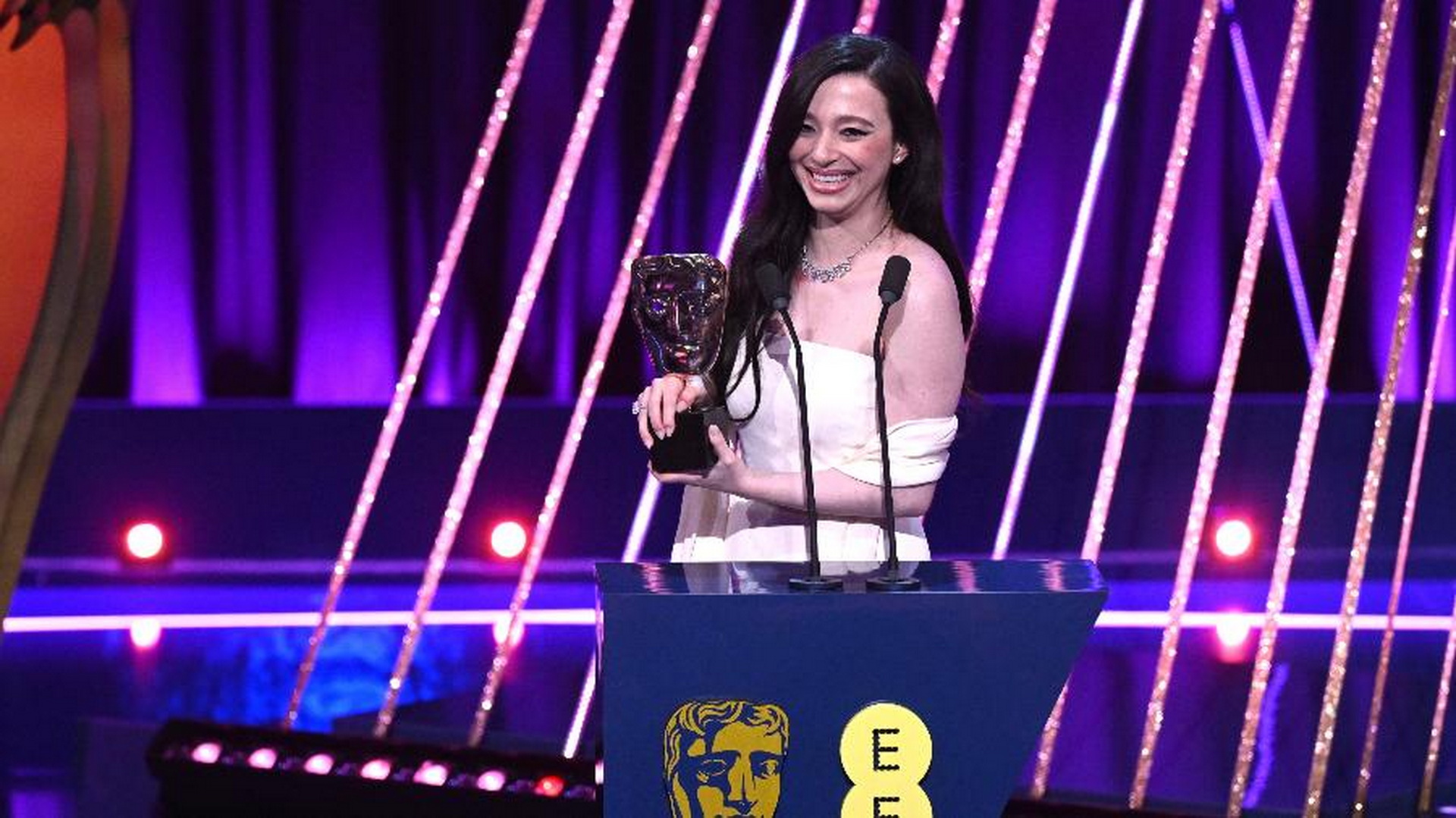

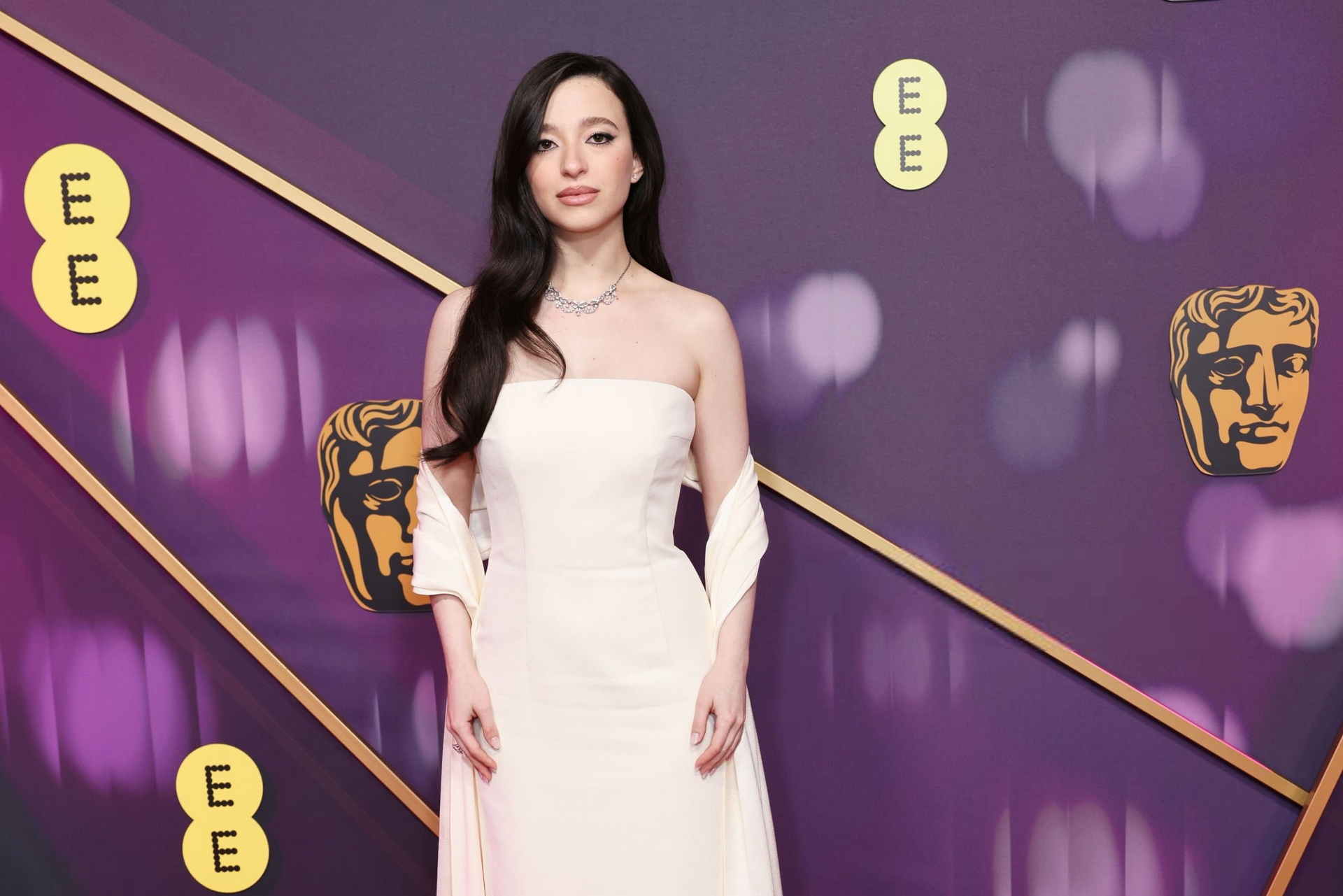
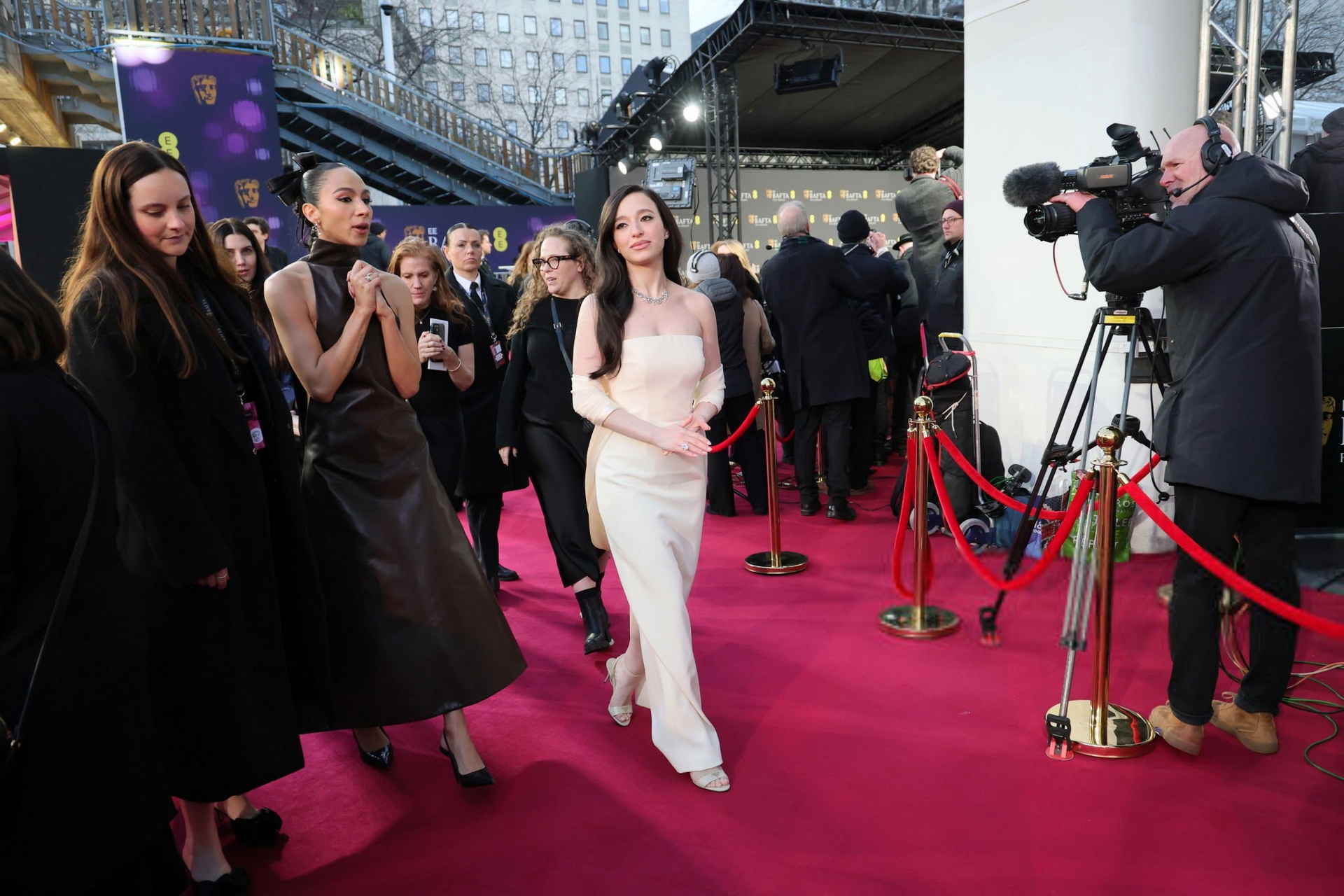





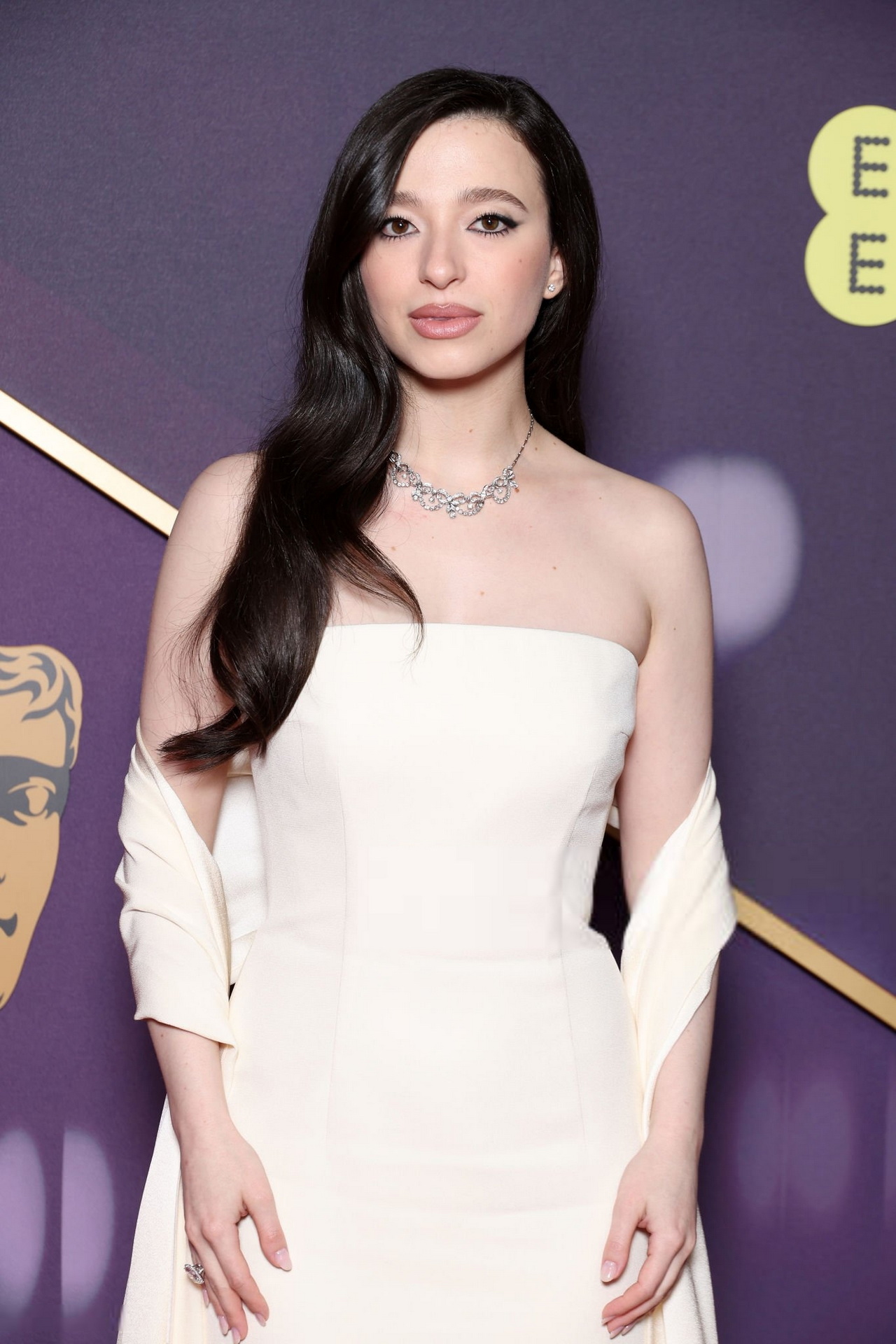

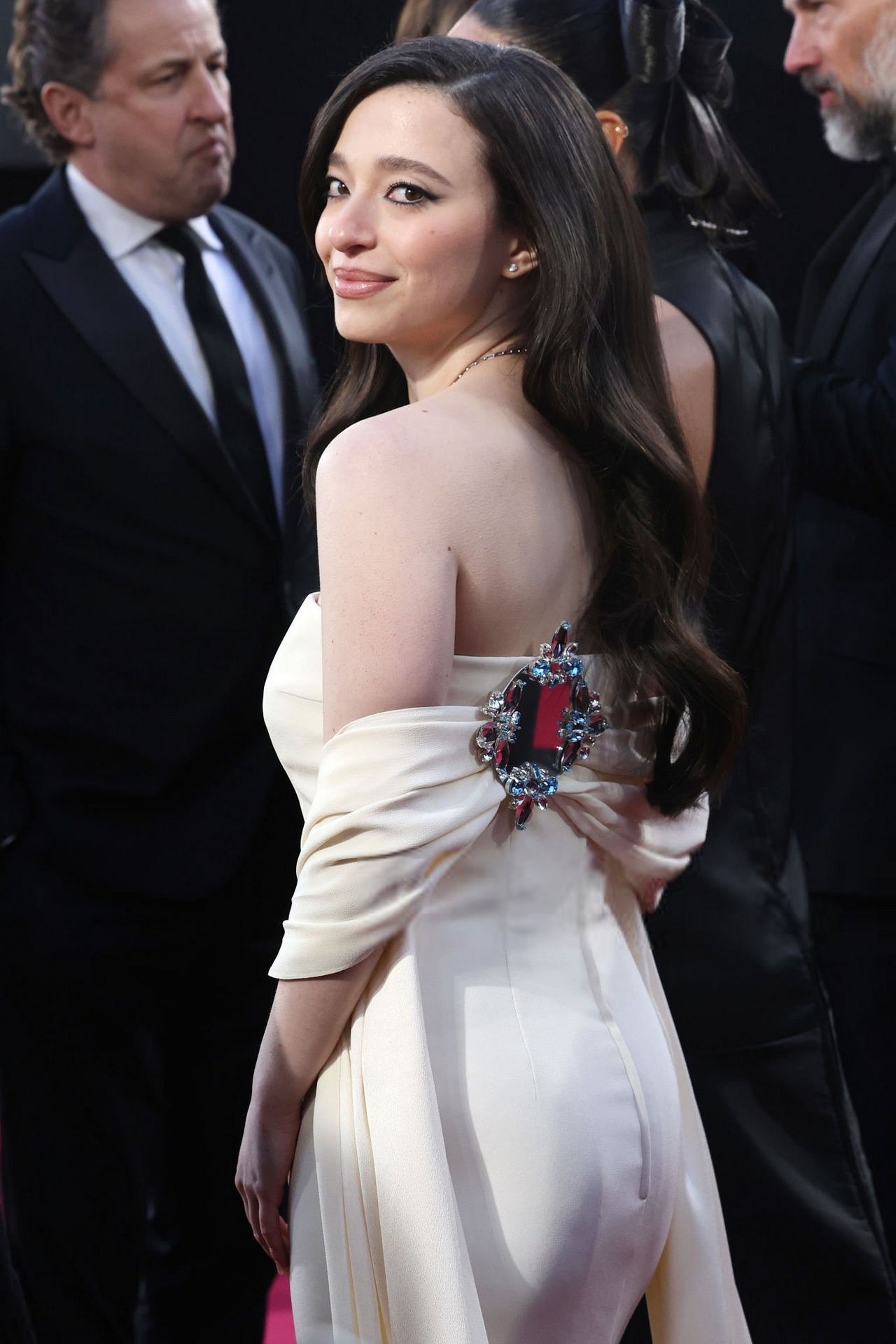

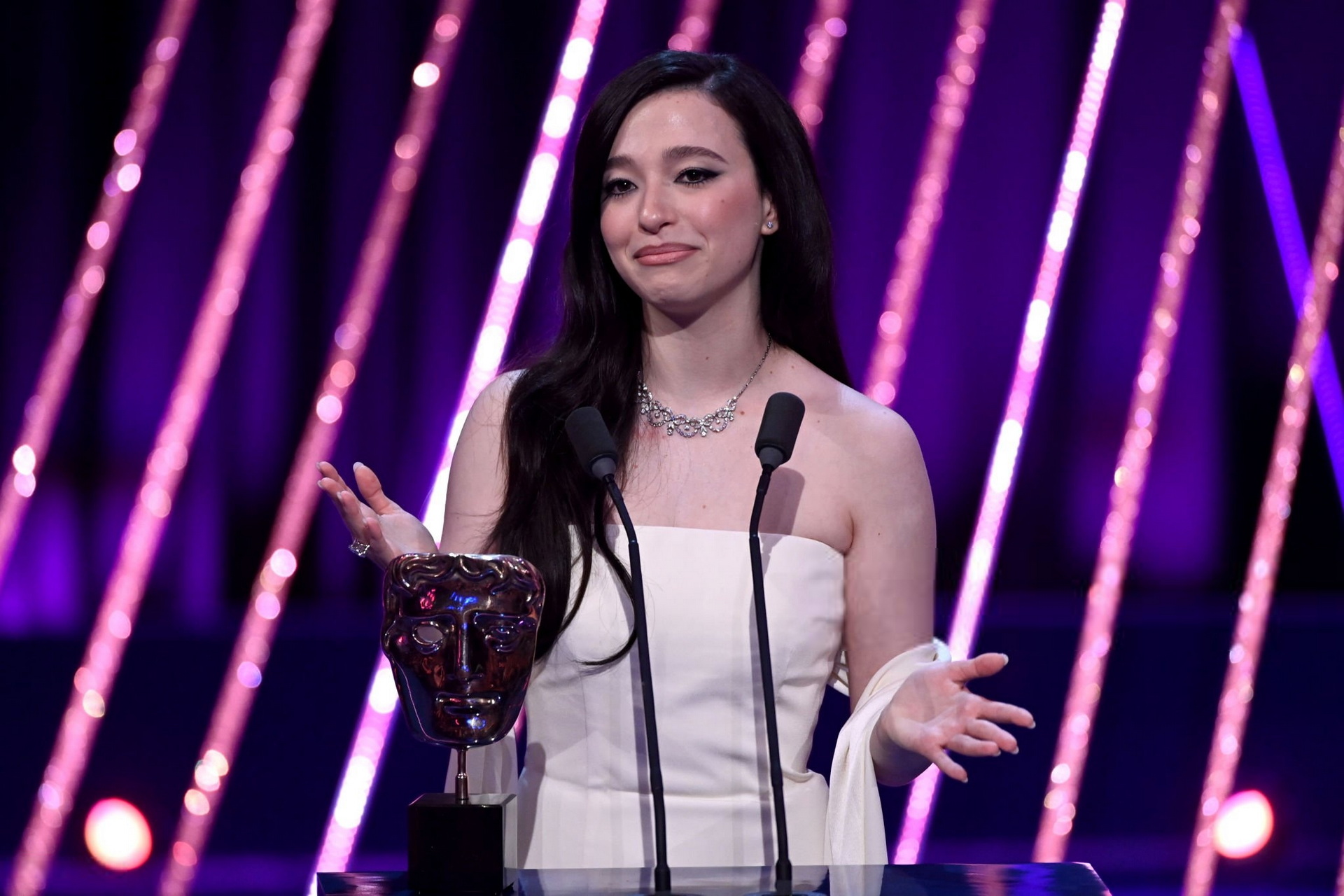
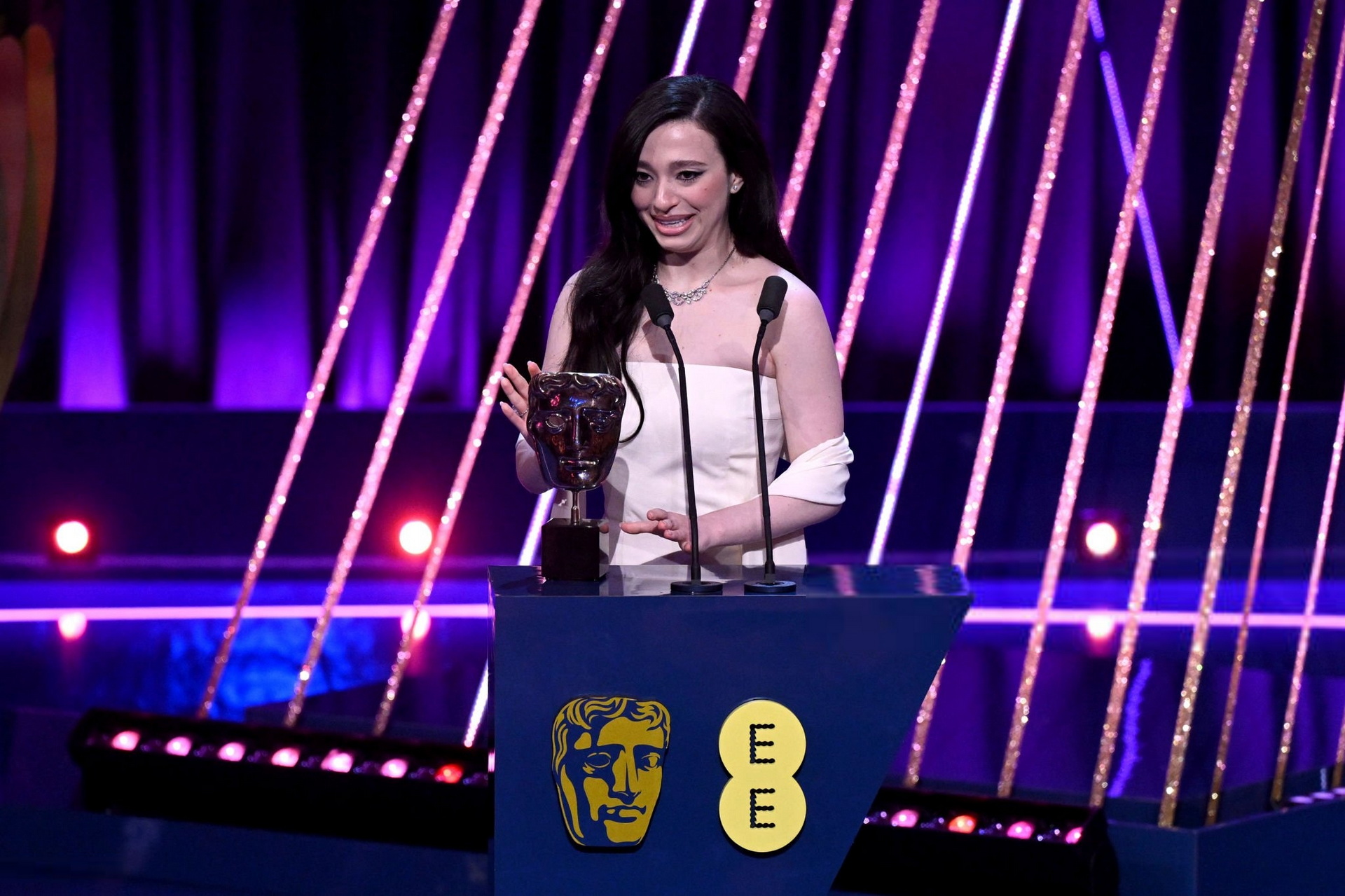

Personal Take: Allyship or Aesthetics?
Here's where I wrestle: Madison's allyship is commendable, but let's not confuse acknowledgment with action. Dedicating a trophy is powerful, but will she leverage her newfound clout to push for roles written by sex workers? Or fund harm-reduction programs? Time will tell. Still, in a world where sex work remains criminalized and stigmatized, her words are a start. They're a flare in the dark—a reminder that cinema isn't just escapism. It's a mirror.
Do you think actors have a responsibility to advocate for the communities they portray on-screen, or should art exist separately from activism?

